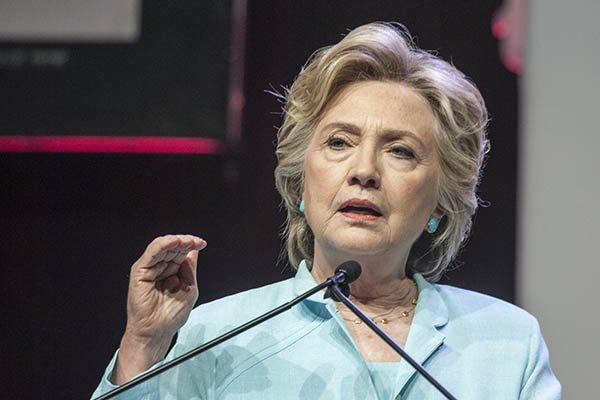How Would Proposed Tax Plans Affect the Country’s Economy?

We’re just days away from the election and it’s likely that most Americans will just be happy that it’s finally over, no matter whom or what they voted for. However, there are some very important things at stake in this election, including how each candidate’s tax proposals would affect our nation’s economy, as well as the affect on individual taxpayers’ pocket books.
The overwhelming belief is that Donald Trump’s tax plan would be simpler than the current code and that it would help the wealthy, while increasing the national debt. As you might expect, Hillary Clinton’s proposals would be basically the opposite. Her tax plan is reportedly more complex and it’s expected to increase taxes on just about everyone, with the wealthiest taxpayers absorbing the brunt of the increase.
However, that being said, neither candidate has to stick to his or her proposed plans if elected. Additionally, the bigger question is how would these plans really affect the economy if they were implemented? The nation’s debt is rising and it will likely continue to raise no matter which candidate is elected. That means people and businesses, especially small ones, will be footing the bill.
According to the Tax Foundation, which typically opposes tax hikes on the wealthy, Clinton’s plan to increase taxes on investment and businesses would likely reduce the size of economy by about 2.6 percent over 10 years. Much of that would come from her desire to increase the estate tax. According to the Tax Foundation that increase would likely cause wealthy taxpayers to invest lest money and thus would hold down the entire economy. That, in turn, would force the average income in the country to go down.
On the other hand, those who believe tax increases on the wealthy are favorable to the economy claim that the Tax Foundation’s estimates are exaggerated and that the economy would not be significantly damaged by Clinton’s proposals.
You also might like the article Trump, Clinton and the Wealthy—What’s at Stake
https://www.washingtonpost.com/news/wonk/wp/2016/10/13/what-hillary-clintons-tax-plan-would-really-do-to-the-economy/
http://www.forbes.com/sites/garrettgunderson/2016/10/13/clinton-versus-trump-how-their-tax-plans-will-affect-you/#76f963cd3346
Wealthy Should Prepare for Audits by Keeping Organized Records
Wealthy Should Prepare for Audits by Keeping Organized Records Expensive art collections, investment hobbies and offshore bank accounts may raise red flags when it comes to IRS audits. In 2011, the Internal Revenue Service audited 29.93% of taxpayers who reported more than $10 million of annual income [1]. This percentage increased by 18.38% from 2010.…
What Separates Ultra Rich From Everyone Else?
What Separates Ultra Rich From Everyone Else? By Alan Olsen There’s an old cliché in the sporting world that many coaches have used in an effort to help lift their teams when they face what appear to be insurmountable odds. The saying goes: “They put their pants on one leg at time,” or something very…
“Madoff” or “Ponzi-Type” Tax Losses
“Madoff” or “Ponzi-Type” Tax Losses Update: 12/9/09 Wall Street Journal Article: http://online.wsj.com/article/SB124623441944466541.html In addition to other good information about the type and amount of refunds people are obtaining it says in the last paragraph: “On Monday, Sen. Charles Schumer (D., N.Y.) proposed a bill that seeks to further expand the carry-back period up to six…
Military Family Tax Relief Act of 2003
Military Family Tax Relief Act of 2003 On Nov. 11, 2003, President Bush signed into law the Military Family Tax Relief Act of 2003. Among its provisions are these tax breaks related to military personnel: Death benefits The death gratuity paid to survivors of deceased Armed Forces members rises to $12,000 and is not taxable…


